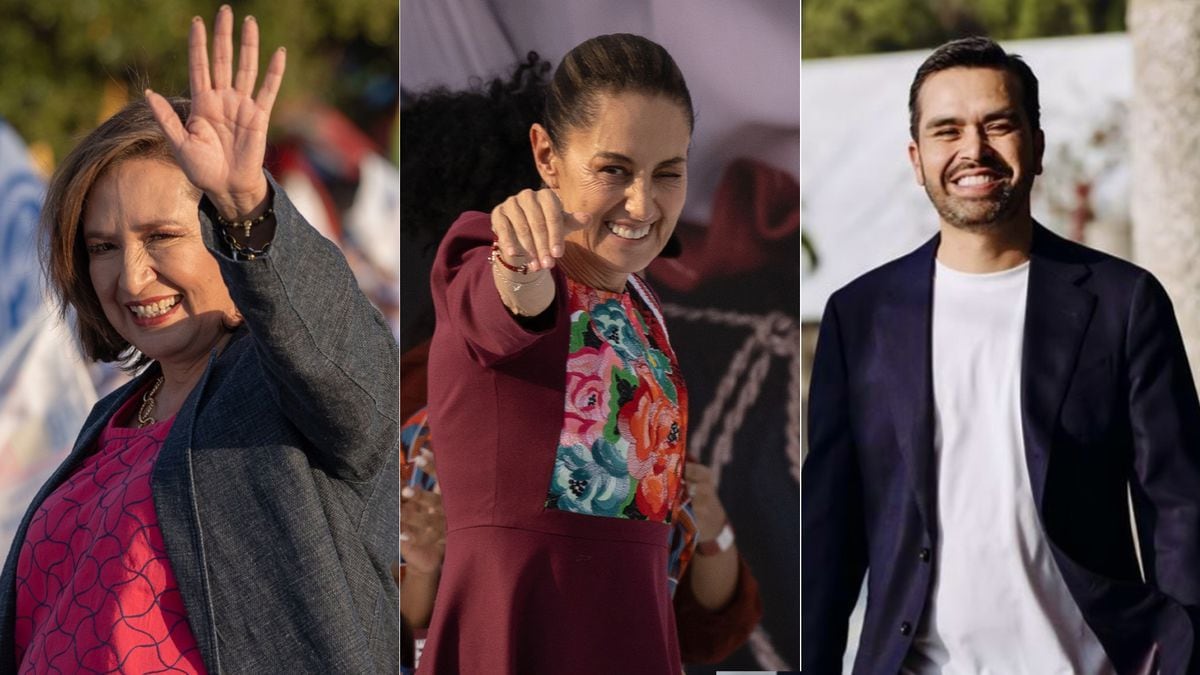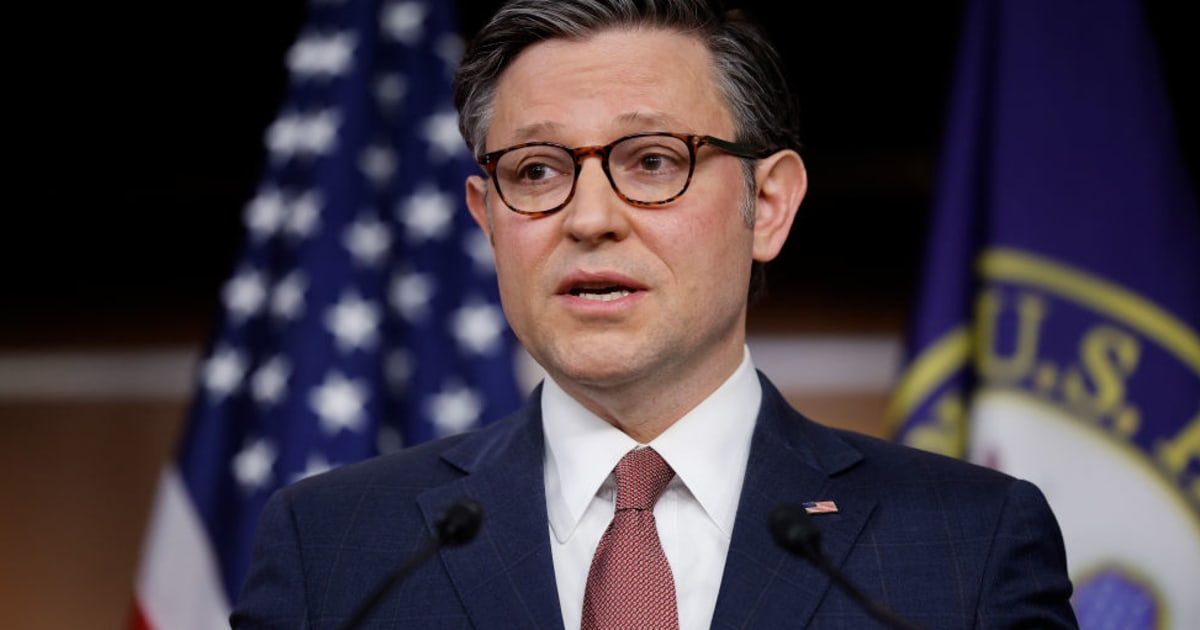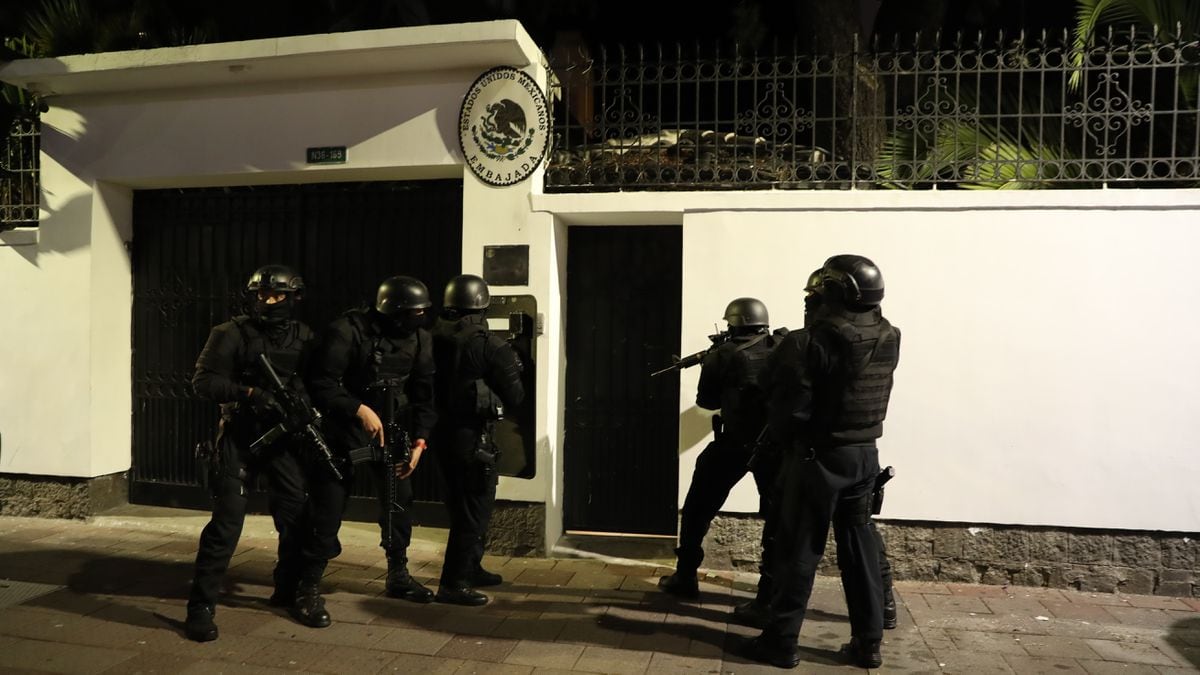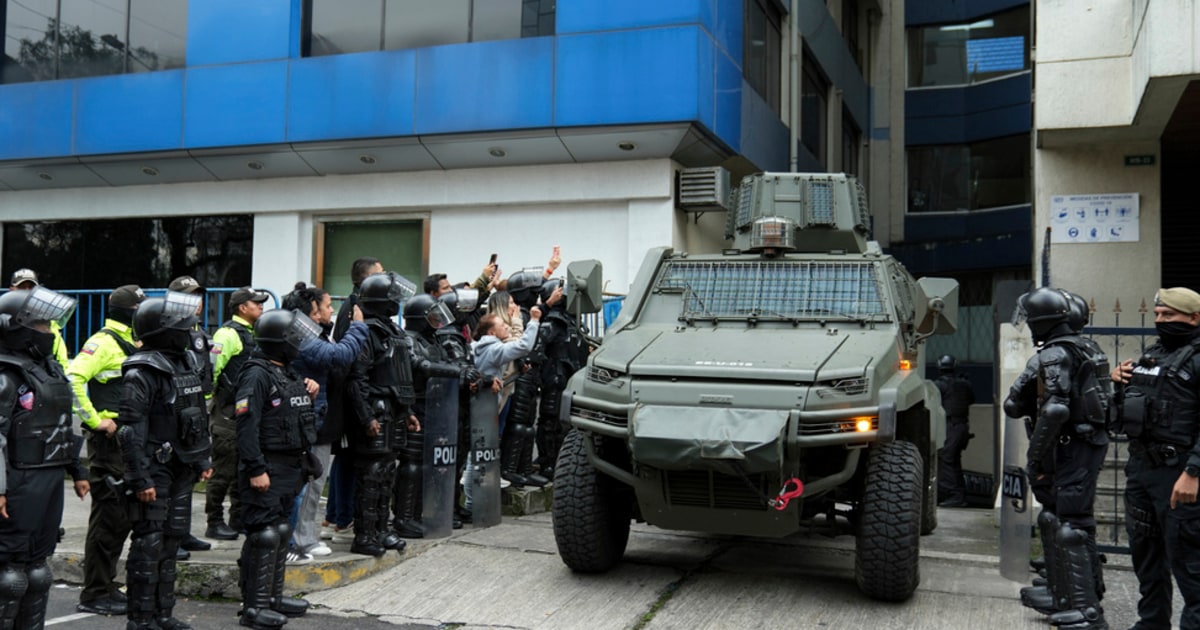The Chinese Ambassador to Mexico, Zhu Qingqiao, and President Andrés Manuel López Obrador in this morning's public apology.MEXICO'S PRESIDENCY / Reuters
"As happens all over the world, the history of peoples records times of splendor and greatness, as well as moments of darkness and shame," were the first words of President Andrés Manuel López Obrador this morning, at an event in which he apologized for one of the most buried massacres in modern Mexican history. Between May 13 and 15, 1911, Maderista revolutionaries and citizens of Torreón, Coahuila, murdered 303 people of Chinese origin. An unusual offer of forgiveness, which no other president had made to this Asian community in Mexico, and in which López Obrador acknowledges the xenophobic violence committed by those who are usually his friends in history: the Maderista revolutionaries. But an event in which, skillfully,López Obrador has also taken the opportunity to strengthen his ties with China, his great ally in Asia.
"The most prominent revolutionary leaders were not even investigated [for the massacre]," the president recalled in his speech, in which he admitted that the revolutionaries at the beginning of the century were just as xenophobic as the porfiristas who preceded them.
The gesture of forgiveness is the second of three that the Presidency organized this year to offer apologies to ethnic minorities on behalf of the Mexican State: the first went to the Mayan community in Yucatán, and the next will be to the Yaqui indigenous people in Sonora.
"The racism that the inhabitants of China have suffered for centuries is equal to or worse than that suffered by indigenous Mexicans or Africans," the president said in his speech.
More information
López Obrador's first pardon
The three forgiveness events are also part of the 15 that the Government has organized to rewrite the history of Mexico as the leader of the so-called Fourth Transformation, and which have an openly political character: regional allies, such as the president of Bolivia, Luis Arce, or the president of Argentina, Alberto Fernández. In this case, the special guest was the Chinese ambassador to Mexico, Zhu Qingqiao. "Today lives lost are consoled and scars heal," said the ambassador in his speech, recalling that diplomatic relations between the two countries were reestablished 49 years ago. "China is willing to work with Mexico to strengthen our traditional friendship and deepen cooperation," he added.
The massacre against the Chinese in 1911 occurred in the middle of the war between Porfiristas and revolutionaries, and as expected, the president's historical enemy, Porfirio Díaz, played a leading role in the speech. Torreón was an economic force in the north of the country at the beginning of the 20th century: a focus of enormous wealth, but also evident inequality. "Hence, the major lesson of the neoliberal, or neo-Porfirian, economic model is that the commitment to material progress without social justice will never be a viable political option," said the president. López Obrador recalled that the revolutionaries published anti-Chinese texts ("the ban on Chinese migration is a form of protection for Mexican workers," says one of these) and that, after the massacre, xenophobia was promoted by the revolutionaries."I must say with regret, with sadness, that after the so-called small genocide, members of the Chinese community continued to be persecuted in Mexico," said the president. Anti-Chinese clubs were formed and the community that lived in Sonora or Sinaloa had to take refuge in small towns in Durango or Zacatecas. The consequence in figures was visible, the president explained: if in 1930 the Chinese population in Mexico was 15,960 people, in 1940 it was reduced to 4,859.If in 1930 the Chinese population in Mexico was 15,960 people, in 1940 it was reduced to 4,859.If in 1930 the Chinese population in Mexico was 15,960 people, in 1940 it was reduced to 4,859.
But the event was also a nod of thanks to his great Asian ally. López Obrador took the opportunity to thank China "for the important and timely support they have given us since the beginning of the covid-19 pandemic." When the pandemic started, he recalled, he called the President of the People's Republic of China, Xi Jinping, to ask for supplies and aid to face the crisis. "There was a quick, fraternal and supportive response," he said. So far, he clarified, Mexico has received 38 planes from China, 25 with medical supplies such as ventilators and diagnostic tests, and 13 planes with six million doses of Sinovac vaccines. To vaccinate the country's teachers this month, Mexico will have six million doses of CanSino.
“Today I want to thank the president of China, Xi Jinping, and his ambassador to Mexico, Zhu Qingqiao, as well as the scientists of China, its diplomats and its companies, and I want to say that from Torreón we will never forget the fraternity of China. in the bitter and agonizing months of the pandemic, for the solidarity support we receive ”, said the president.
The governor of Coahuila, Miguel Riquelme Solís, recalled in his speech that in the last seven years, 14 global companies of Chinese origin have started their operations in Coahuila territory, with an investment of more than 7,000 million dollars.
"They have increased our strengths to face economic challenges," he said.
As EL PAÍS explained recently, according to a study published on March 31 by the China-Mexico Studies Center (Cechimex), last year Mexico was the largest recipient of Chinese foreign direct investment among its peers in Latin America.
The most moving moment of the forgiveness event did not come from the president, the governor, or the Chinese ambassador to Mexico.
It came from two descendants of the Chinese community in Mexico who recalled that the Chinese community is part of the Mexican miscegenation.
Mónica Cinco Basurto spoke first, daughter of Jorge Cinco, a man from the Chinese community in Sinaloa, married to a Mexican woman, who in the 1930s was forced to leave Mexico due to the persecutions against her community. “From 1895 to 1920, thousands of Chinese arrived from the country in a context in which they were accused of being carriers of diseases, and they were described as inferior, opiate, amoral”, recalled Basurto. “The indolence and indifference with which the Mexican state, by action or omission, treated Chinese communities and their descendants in the past, should today be a reminder and a permanent alert that racism, discrimination, xenophobia, we they hurt as a country and it does not allow us to look at the other ”.
"We love Mexico, we work for it, we are proud of the double cultural heritage that makes us up," said Sergio Ley López, a former Mexican ambassador to China, whose father was also one of the migrants from Canton who came to Sinaloa at the beginning of the century.
Founder of the Casa Ley market chain in northern Mexico, his father had to hide for several years in a small town in the Sierra de Durango during the worst years of discrimination.
"We are part of the economic history of the Mexican northwest," recalled Ley López, who ended his speech with a bow to the President of Mexico for his event of forgiveness.
"Mr. President, I am deeply grateful to you for this act, which exalts you and gives meaning to your government actions."
Subscribe here
to the
newsletter
of EL PAÍS México and receive all the informative keys of the current situation of this country

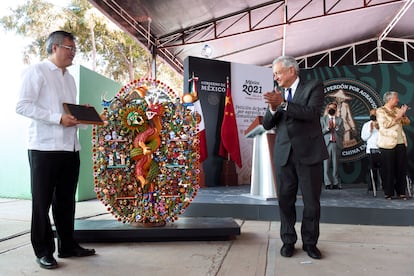

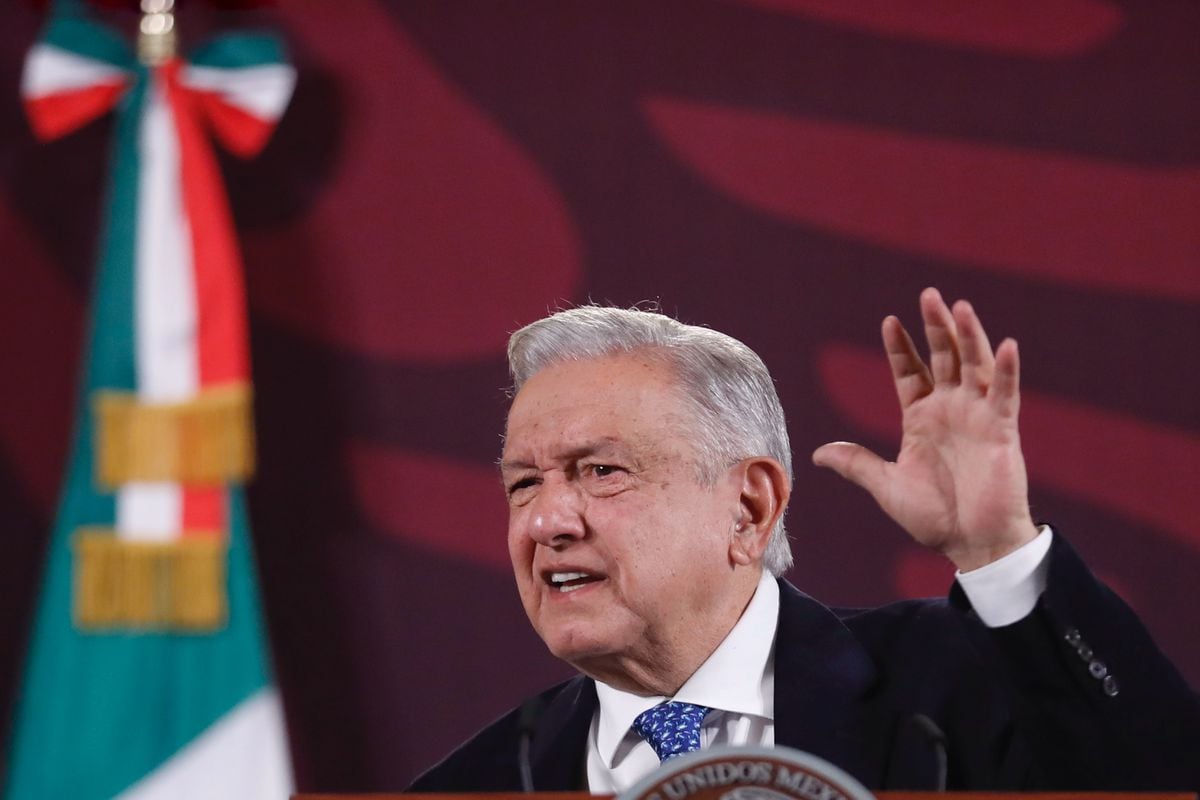
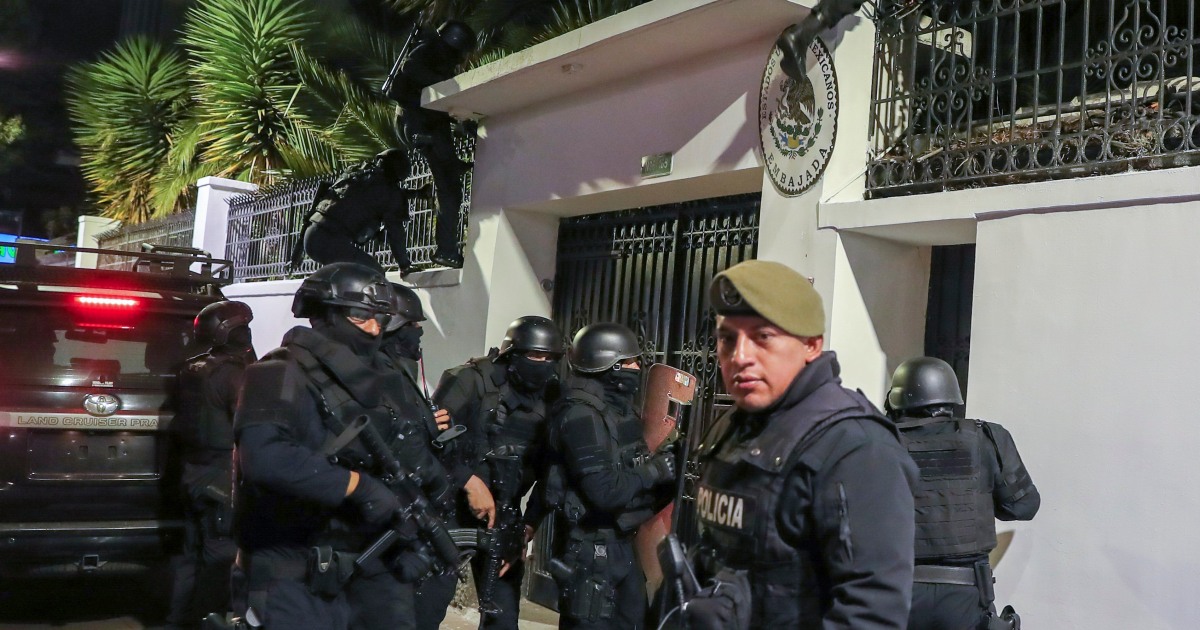
/cloudfront-eu-central-1.images.arcpublishing.com/prisa/SUXSGP2YZBHQLNK4QN5DDKB32U.jpg)
